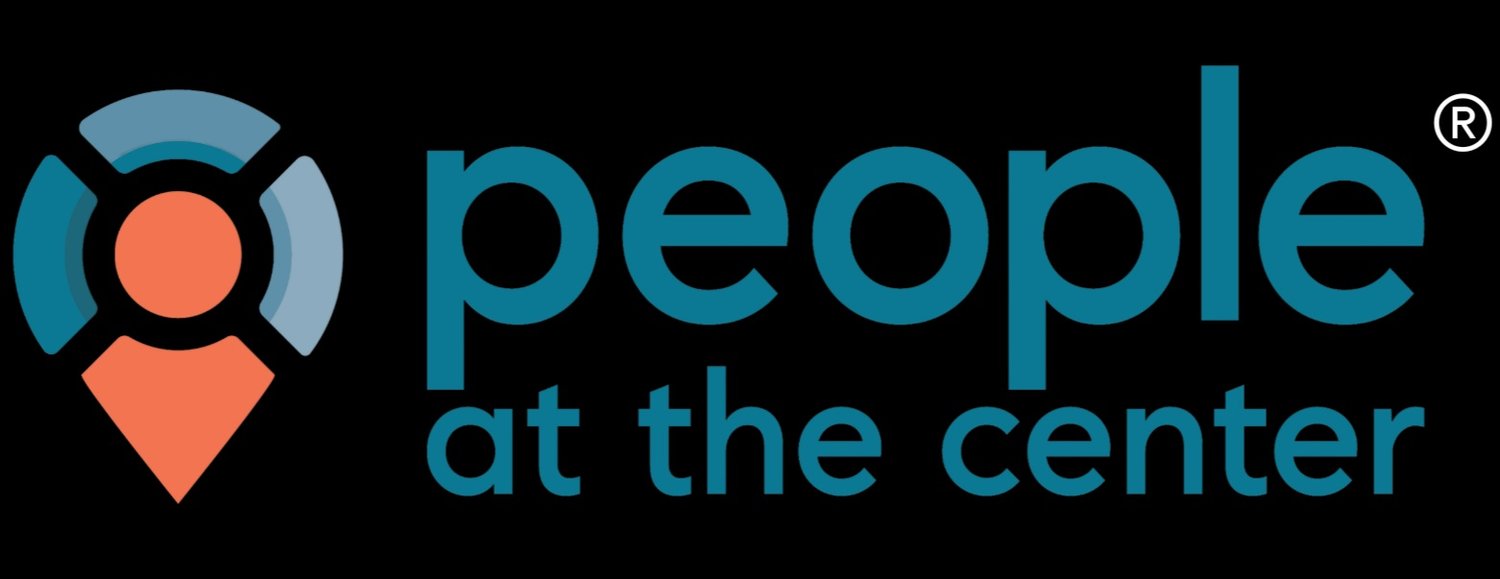The Second Pillar of People-Centric Leadership: Self-Trust
In today's dynamic business landscape, leaders navigate uncertainty, high-stakes decisions, and mounting pressure with a constant demand for excellence. It's no surprise that many of our clients express a lack of trust in themselves.
In our recent blog, The First Pillar of People-Centric Leadership, we explored and emphasized the value of awareness as an indispensable component of self-leadership. Another essential aspect of effective leadership is self-trust– the confidence in your abilities, your commitment, your resilience in facing challenges head on.
Let’s explore how to cultivate and strengthen self-trust:
Get Complete With The Past
When we say “complete” we mean feeling resolved within yourself about whatever happened or didn’t happen the way you wanted it to. This involved coming to terms with past mistakes, missteps, misunderstandings and the like. Most of us live like our future outcomes are based on our past experiences. While our past experiences shape us, dwelling on them can hinder our progress. In our work with top business leaders, we share that the process of ‘getting complete’ involves closure in three key areas: with others, with ourselves, and with situations, by seeking resolutions with others, forgiving past mistakes (both ours and others’) and celebrating what is here and now.
Let's be honest. Confronting the past and moving forward can feel daunting and uncomfortable. However, embracing this process ultimately brings a profound sense of achievement and opens the door to new possibilities. What do you need to make peace with – whether it's within yourself, with others, or with past events? What can you declare as "done" to pave the way for a fresh start?
Recognize and Address Your “Inner Saboteurs"
Shirzad Chamine (2012), author of Positive Intelligence, defines saboteurs as habitual thought patterns that generate negative emotions. These inner voices often undermine our confidence by feeding us stories about ourselves that are disempowering. In our work, we help individuals and teams identify these internal and often negative musings and learn to question them thoughtfully. It’s not about getting rid of the parts of you that put up helpful red flags, but to strike a balance between caution and decisive actions. Look closely where you might be convincing yourself that you can't, that something is impossible, or that you'll never achieve something... Does the voice expressing these cautionary tales hold the complete truth? Can you identify another part of yourself that holds a different perspective? Perhaps a deeper, wiser voice that positively advocates for your success?
Embrace Your Humanity
Accepting yourself fully — flaws and all— fosters authenticity and deep connections within yourself and with others. By recognizing that growth often arises from vulnerability and discomfort, you become more courageous and trusting of yourself. Isn’t that empowering? Let's be frank, though: embracing our imperfect selves entirely can feel like an enormous undertaking.
But the silver lining is: there are self-inquiry techniques that can help you make friends with your imperfections and dismantle the negative self-narratives. Instead of sugar coating or bypassing the pain, I encourage you to rigorously question the validity of these thoughts and explore alternative perspectives. The goal isn't to replace negativity with sunshine and rainbows, but to untangle the web of self-inflicted suffering. It’s about cultivating self-compassion, a vital aspect of effective self-leadership.
Challenge Imposter Syndrome
The feeling of inadequacy, also known as imposter syndrome, can be a significant hurdle. I suspect everyone experiences self-doubt at some point, and accept that this is normal. However, rather than falling prey to the paralysis of endless comparison, concentrate on your strengths and contributions, and let go of unrealistic expectations. As Ronda Renee says, “There are a lot of people doing extraordinary things in the world… Be one of them!”
Developing self-trust takes time, especially if you have encountered toxic cultures or unsupportive managers. Keep showing up, continue to confront your doubts, and don't forget to acknowledge your victories along the way. As you unpack the complexities of your humanity, you’ll uncover a powerful truth: you are capable of so much more than you give yourself credit for. This is the freedom that self-trust offers – the unwavering belief that you are, indeed, enough.
